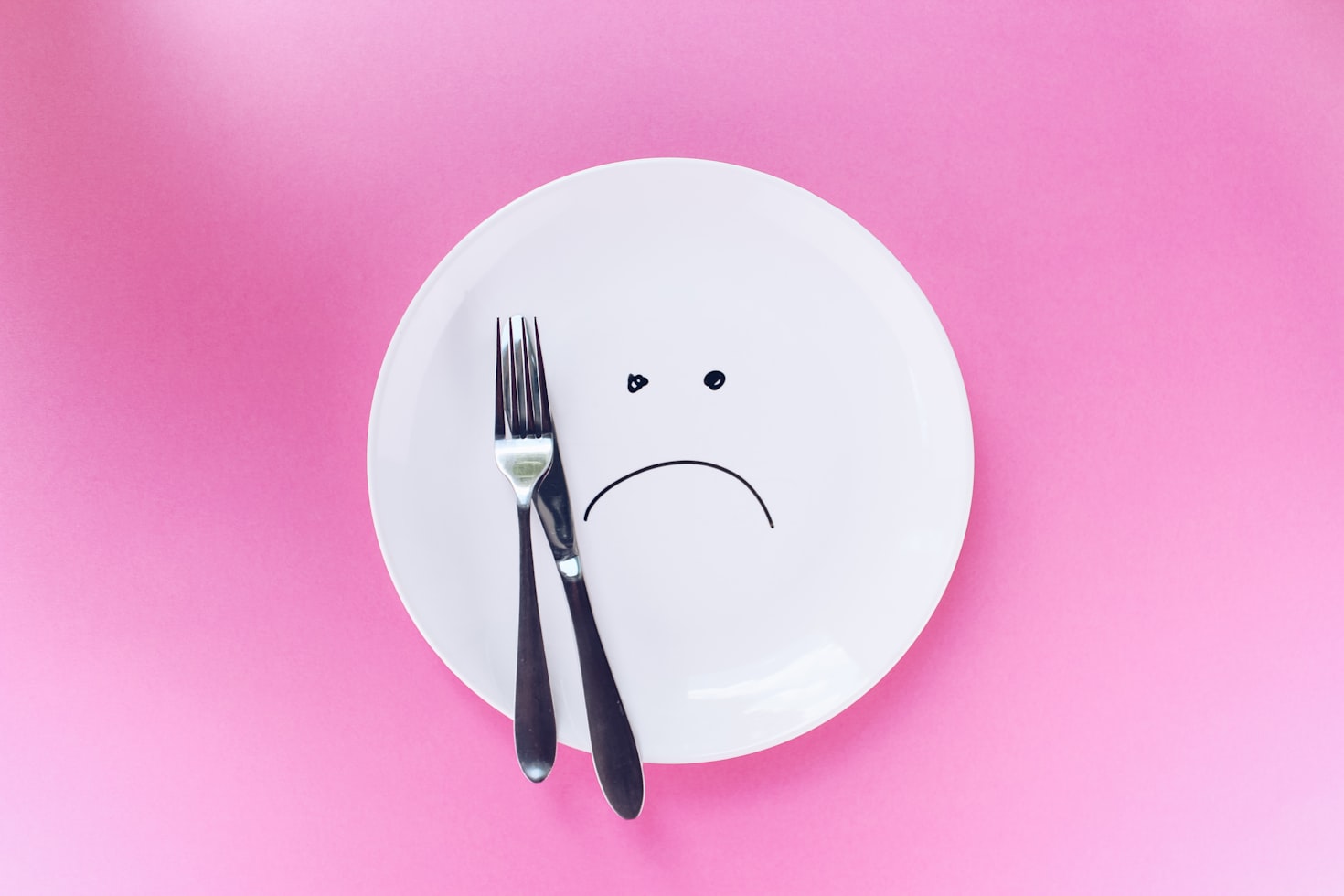Can Ketosis Cause Gout?
Gout is a form of arthritis that causes sudden and severe joint pain, often affecting the big toe. It is caused by the buildup of uric acid crystals in the joints, leading to inflammation and intense discomfort. Ketosis, on the other hand, is a metabolic state in which the body burns fat for fuel instead of carbohydrates. With the increasing popularity of ketogenic diets for weight loss and other health benefits, many people wonder if ketosis can trigger or worsen gout. In this article, we will explore the relationship between ketosis and gout, examining the scientific evidence and providing valuable insights for those considering a ketogenic diet.
The Link Between Ketosis and Uric Acid Levels
Uric acid is a natural byproduct of the breakdown of purines, which are compounds found in certain foods and also produced by the body. In individuals with gout, the body either produces too much uric acid or has difficulty eliminating it efficiently. High levels of uric acid can lead to the formation of crystals in the joints, triggering gout attacks.
One concern regarding ketosis and gout is that ketogenic diets tend to be high in purine-rich foods. Foods such as organ meats, shellfish, and certain vegetables like spinach and cauliflower are commonly consumed on a ketogenic diet and are also known to be high in purines. However, it is important to note that not all purine-rich foods are created equal when it comes to their impact on uric acid levels.
Research has shown that the consumption of purine-rich plant foods, such as vegetables and legumes, does not significantly increase uric acid levels or the risk of gout. In fact, some studies have even suggested that plant-based purines may have a protective effect against gout. On the other hand, purine-rich animal foods, particularly those high in saturated fats, have been associated with an increased risk of gout.
The Effect of Ketogenic Diets on Uric Acid Levels
While ketogenic diets may include purine-rich foods, it is important to consider the overall impact of these diets on uric acid levels. Several studies have investigated the effect of ketogenic diets on uric acid levels, and the results have been mixed.
One study published in the journal “Nutrition & Metabolism” found that a ketogenic diet led to a significant increase in uric acid levels in healthy individuals. However, it is worth noting that this study was conducted on a small sample size and the participants were not followed over a long period of time.
On the other hand, a larger study published in the “Journal of Clinical Lipidology” found that a low-carbohydrate, high-fat diet (similar to a ketogenic diet) did not significantly increase uric acid levels in overweight and obese individuals. This study suggests that the impact of ketogenic diets on uric acid levels may vary depending on individual factors such as body weight and metabolic health.
Managing Gout While on a Ketogenic Diet
If you have gout or are at risk of developing it, it is important to take certain precautions while following a ketogenic diet. Here are some strategies to help manage gout while on a ketogenic diet:
- Choose purine-rich foods wisely: Opt for plant-based sources of purines, such as vegetables and legumes, rather than animal-based sources.
- Stay hydrated: Drinking plenty of water can help flush out uric acid from the body and reduce the risk of gout attacks.
- Maintain a healthy weight: Excess body weight is a risk factor for gout. Losing weight through a ketogenic diet can help reduce the frequency and severity of gout attacks.
- Monitor uric acid levels: Regularly checking your uric acid levels with the help of a healthcare professional can help you manage gout effectively.
- Consider medication: In some cases, medication may be necessary to control uric acid levels and prevent gout attacks. Consult with a healthcare professional to determine if medication is appropriate for you.
- Listen to your body: If you notice an increase in gout symptoms while on a ketogenic diet, it may be worth considering modifications to your diet or seeking guidance from a healthcare professional.
Frequently Asked Questions (FAQ)
1. Can a ketogenic diet cure gout?
A ketogenic diet cannot cure gout, but it may help manage the symptoms and reduce the frequency of gout attacks. It is important to work with a healthcare professional to develop a comprehensive treatment plan.
2. Are there any supplements that can help prevent gout while on a ketogenic diet?
Some supplements, such as vitamin C and cherry extract, have been suggested to help reduce uric acid levels and prevent gout attacks. However, more research is needed to determine their effectiveness.
3. Can ketosis worsen existing gout symptoms?
While there is no definitive answer, some individuals with gout have reported an increase in symptoms while following a ketogenic diet. It is important to monitor your symptoms and consult with a healthcare professional if you experience any worsening of gout symptoms.
4. Can ketosis lead to the development of gout in individuals without a history of the condition?
There is currently no evidence to suggest that ketosis can directly cause gout in individuals without a history of the condition. However, it is important to be mindful of purine intake and other risk factors for gout when following a ketogenic diet.
5. Are there any other potential benefits of a ketogenic diet for individuals with gout?
Some research suggests that ketogenic diets may have anti-inflammatory effects, which could potentially benefit individuals with gout. However, more studies are needed to fully understand the relationship between ketogenic diets and gout.
6. Can ketosis affect medication used to treat gout?
Ketosis itself is unlikely to directly affect medication used to treat gout. However, it is important to inform your healthcare professional about any dietary changes, including a ketogenic diet, to ensure proper management of your condition.
Summary
While there is limited research on the specific relationship between ketosis and gout, it appears that a well-planned ketogenic diet may not necessarily cause or worsen gout. The impact of purine-rich foods on uric acid levels may vary depending on the source of the purines and individual factors such as body weight and metabolic health. By choosing plant-based sources of purines, staying hydrated, maintaining a healthy weight, and monitoring uric acid levels, individuals with gout can potentially manage their condition while following a ketogenic diet. It is important to work with a healthcare professional to develop an individualized plan that takes into account personal health history and goals.





